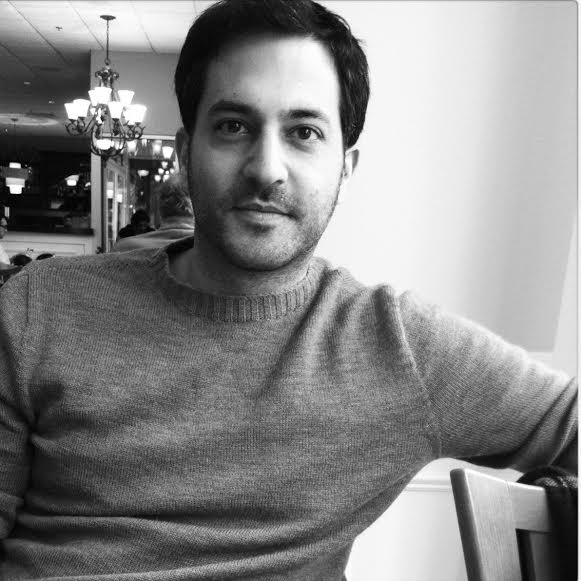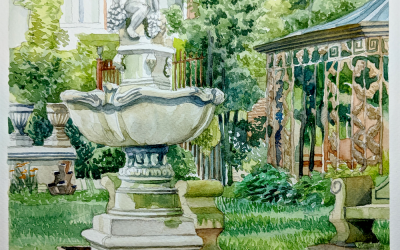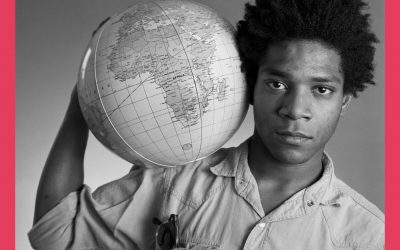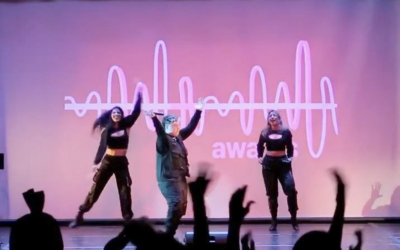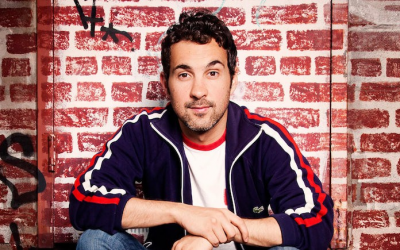If you watch a lot of television, odds are that you have laughed at something that Eric Ledgin created. A writer, producer, performer and stand-up comic, Eric’s TV credits show interesting range, covering late-night television ( “Late Night With Jimmy Fallon,” “The Pete Holmes Show”), sit-coms (“Selfie,” “The Comedians”), prime time specials (“New Years Eve With Carson Daly,” Comedy Central’s “Night Of Too Many Stars”), and children’s programming (“WordGirl”).
Perhaps even more interesting than the credits, however, is the story of how an aspiring actor and comic from Long Island found his way into steady employment in Los Angeles. With a move back to New York. And then another move back to California. While good work certainly led to more work opportunities, networking and maintaining relationships also proved to be information.
Eric kindly took the time to answer some questions about what it takes to work in comedy, and was both funny and honest in the process.
Your high school, John F. Kennedy High School in Bellmore, NY, has had a lot of notable attendees including Amy Fisher, “Entourage” creator Doug Ellin, designer Michael Kors, and Nobel Prize winner Paul Krugman. Since moving to California, have you ever run into a JFK graduate in the entertainment field?
Yes! Mickey Rapkin was a junior in drama club who was working as a magazine editor for big publications like GQ, and then he wrote a book that became the movie “Pitch Perfect.” We were in a play called “The Nerd” together that was a total mess but so fun. This was in high school, not now. Also, you!
If it all, how does winning an Emmy change your life?
The one useful thing it does is make it harder for my mom to keep asking if I’m “sure I want to keep doing this” — “this” meaning writing for a living. Also, I now have an amazing bludgeoning tool if anyone ever tries to break into my house. I’ve fantasized about that many times.
As far as I’m aware, your first professional writing credits were with “Infomania” and “The Showbiz Show With David Spade.” What were the steps needed to get you from an aspiring comic and writer to a staff writer?
I was a writers’ assistant on “The Showbiz Show” and was encouraged to submit material. I started getting a bunch of jokes on, and eventually a producer on that show hired me as a full-time writer on her next gig, called “Infomania.” But even after that, the barrier was high to get a staff job on a show anyone had heard of. I wrote submissions for like, dozens of shows before getting “Late Night With Jimmy Fallon.”
Was there a mentor or person who really looked out for you and got you to the next level career-wise?
Two people stick out in big ways. The head writer of “The Showbiz Show,” Tom Martin, really taught me how to write a monologue joke, which turned out to be a huge asset. He also hired me on “WordGirl,” which won the Emmys, and kept me working during some lean times. And he recommended me to the show-runner of the first sitcom I got staffed on, “The Comedians.” Madeleine Smithberg [co-creator of “The Daily Show”] gave me my first job as a paid writer, taught me a ton about comedy/news pieces, and let me learn to shoot and edit on the job. She then hired me on a few other pilots where I worked with hugely talented people and learned a lot about making a new show.
At your level, how important is having a manager and/or agent? Is that always more important than being someone that other people want to hang around?
For me, it’s important because: a) they are the gate-keepers to a lot of jobs and can really push for a show-runner to read your material, and b) many writers (myself included) are huge pussies when it comes to negotiating money, terms, etc. Being someone people want to hang out with obviously helps and is fundamentally important in a writers’ room, but at the beginning of your career it might not be enough to actually get hired.
To work on “Late Night With Jimmy Fallon,” you moved back to New York from Los Angeles. Then after you were done with that show, you moved back to Los Angeles. What is it about California that keeps you out there?
Aside from year-round perfect weather, farm-fresh food, large population of creative people, laid-back lifestyle, spacious living, proximity to Big Sur, and 90 percent of writing jobs being out here, I would say maybe the juice bars?
Given the rich history of Long Island when it comes to comedians and filmmakers, how often does Long Island come up among peers in L.A.?
Hmm. It’s always fun when I meet someone from the specific part of Long Island that I’m from, or at least the South Shore (represent), but I have to say in my experience it’s not really considered to be a bastion of creativity by people out here. Although you’re right, a lot of amazing artists come out of Long Island.
In Kevin Pollak’s recent documentary called “Misery Loves Comedy,” he pondered the assumption that a comic needs to be emotionally-unstable to write comedy. Given your work on “Late Night,” where do you stand on that topic?
I would say that like any other career or just like the population in general, most people are fucked up in some way. Somehow it’s easier to apply that to comedians, maybe because they talk openly about it for a living. But I really don’t think the ratio of stable-to-unstable is much different. If anything, I think there are more self-aware people working in comedy than most other fields.
What do you feel is the biggest misconception about making a living in comedy?
Probably the unstable thing.
Is there a “best part” of doing what you do for a living?
When you’re on set or in a writers’ room and some joke or bit takes on a life of its own and you end up laughing so hard, but you don’t feel like you’re fucking off at your job because that actually is your job. Also you get a lot of time off.
Where is the most random place that a joke or creative idea used on TV came to you?
I was visiting my wife’s family outside Buffalo, and it was freezing at night, so I pulled the covers up over my face but then I couldn’t breathe. We had been watching a lot of “Shark Tank” so I came up with this fake product called the Blorkel™, which is essentially a blanket that has a snorkel built in. It was just a stupid joke but I ended up having a character on “Selfie” have that idea, and we almost did a scene where she actually brought it to “Shark Tank.”
Do you have a regular routine for when it’s time to write? Are there any tools or apps that you rely on?
Not really. I have bad, sporadic habits, and usually just play music and move the laptop all over the house.
Having written primarily for TV, is that the path that you’d like to stay on for the rest of your career? Or do you foresee yourself getting more onto the performer’s path at some point? Or even striving to be a show-runner?
I used to think I was working towards writing movies, but now there are so many shows that feel cinematic and complex, so it’s not really necessary. But I do like performing occasionally and have been lucky to get once-in-a-while opportunities that satisfy that.
Is there something outside of entertainment that you would ever consider doing full-time?
I would definitely consider being a travel agent, owning a juice bar, or being a medical doctor.
Finally, Eric, any last words for the kids?
Get off your phone or you will never grow as a person.
-by Darren Paltrowitz

